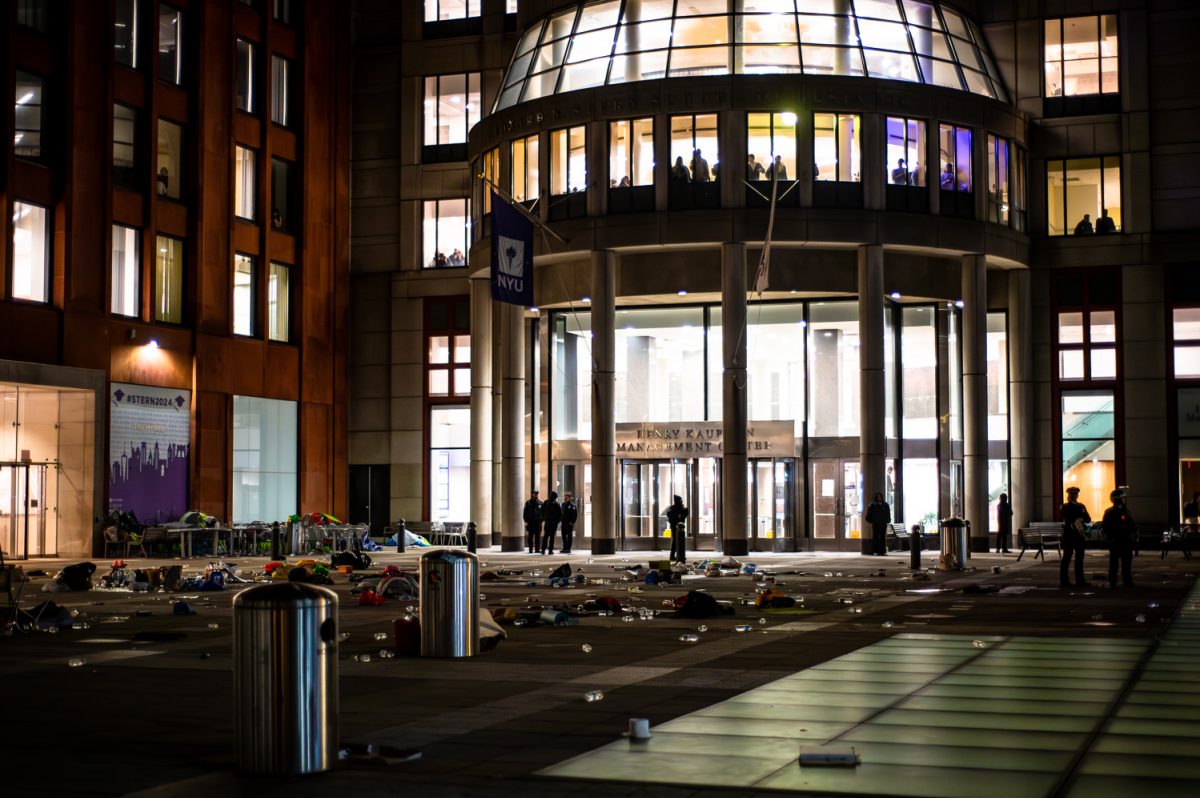When the imperialist nations of Europe sought their riches, they first headed to the West and East Indies, exploiting the indigenous and ransacking the lands of their abundant wealth. They were profitable for many generations until revolutions ignited throughout the continents, and what became large cash grabs slowly evanesced from the grips of the imperialist powers. However, they always had the unknown depths of the African continent. Where they had settled and procured markets along the safe coasts of these nations, vast riches awaited in the form of raw resources. Africa was the next great economic frontier, and it was subjugated and harnessed for centuries when the Europeans developed the technologies to conquer and pacify adequately.
Nevertheless, to this day, Africa still stands as a great economic frontier — not exclusively in raw material excavation, but also in the real estate market. It is then imperative to wonder why the developed conglomerates looking to make lucrative payouts in emerging markets have not touched the African continent. And Africa is surely a lucrative market — out of the 10 top growing GDPs in the world in 2011, six were African nations. Also indicating a prospective corporate turnout is the supply and demand relationship of real estate. At a panel discussion I attended on the topic, where corporate directors of Africa-involved corporations relayed the situation, the speakers indicated the units of demand exceed 100 million but are only being matched with a supply rate of 100 thousand. African populations are also rapidly urbanizing, so if anything the demand will continue to grow as urban property begins to sprawl. As demand increases, there will need to be an entity to provide this market. Whoever is able to do so properly will make out like bandits, as one of the directors stated. This assumption mainly follows the trend of Gold Coast and northern African nations in particular, as Southern African nations are rather different.
There are unnerving trends, however, and it comes under scrutiny as to why there has not been a lot of investment in African countries by high-risk venture institutions. There are preconceptions of Africa that deter Western financiers, such preconceptions or stereotypes have been addressed but are probably still dominant, even in the public mind. Countries such as Mali, Liberia and Sierra Leone are clear examples of nations that illustrate Africa’s constantly contentious state and the strife that would dissuade almost anyone looking to do business in a stable area. In 2002, near the twilight of the Second Liberian Civil War, Liberian GDP growth was sinking well into the negative 20s range, and so such a fear becomes understandable there. However, if one can reason that economic growth and prosperity are barriers to famine and political unrest, then it becomes in the interest of the private sector to invest in the infrastructure of African markets so as to facilitate future production and capital costs.
Another barrier is the economic costs of production. The capital costs, the money necessary to produce the machines and labor needed to make whatever a company is producing, in Africa are 15 to 30 percent or more whereas in the United States they are between 0 to 3 percent. Countries that need such development require capital costs in the single digits. This problem primarily stems from the fact that Africa does not have many reliable construction companies and has a very weak infrastructure. Many projects must be started from a pre-selected format or something previously built. These are safer investments than ground-up projects, which are high-risk ventures that could offer large pay outs, but are much more difficult. One example that was used to exemplify the economic barrier was a mall. Building a mall in Nigeria is twice as expensive as building one in South Africa. There is a lot of land without proper registration, and 70 percent of the construction cost is just importing the material and capital. There are few anchor tenants and fewer buyers who will purchase the final construction project. But these don’t make the endeavor impossible — just daunting.
Take, for instance, private equity firm Actis. Actis has had several successful projects in nations such as Ghana and Nigeria, which presents the idea that it possible to make do with the poor infrastructure, and it is also possible to escape with shocking gains. Their most impressive feat was the Accra mall, which gave them a 26 percent internal rate of return in the following years. How they were able to do so was through preparation. They also ensured that they had a buyer. Actis is not the only firm that has successfully undergone this process, but is the most illustrative one since they raised their investors from one to 17 in 2012.
Opportunity is abound in African real estate, a market that has been going up for over 20 years now, and there are many fortunes to be made there. Until the infrastructure is actually established, though, it will be high-risk. But with a booming informal sector and South Africans increasing the pool of exit buyers, companies are slowly paving the way for the last economic frontier of the world.
Nikolas Reda-Castelao is a contributing columnist. Email him at [email protected].










































































































































